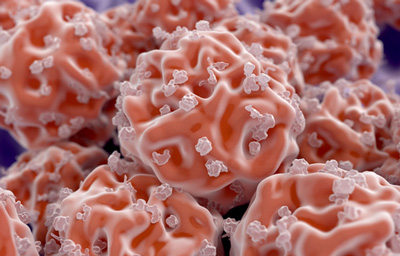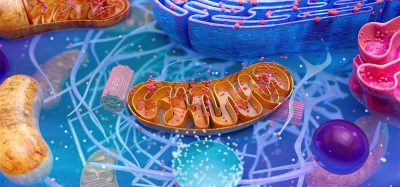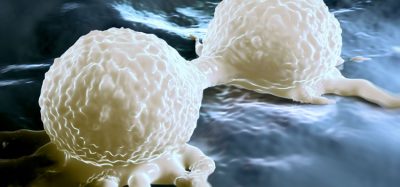Kyoto University and Takeda T-CiRA Programme begins
Posted: 15 December 2015 | Victoria White | No comments yet
The “Takeda-CiRA Joint Programme for iPS Cell Applications” (T-CiRA) will begin research in six core directions to explore clinical applications of stem cells in therapeutic areas including cancer, heart failure and diabetes mellitus…


The Centre for iPS Cell Research and Application (CiRA) at Kyoto University and Takeda have initiated a joint research programme to develop clinical applications of induced pluripotent stem cells.
The “Takeda-CiRA Joint Programme for iPS Cell Applications” (T-CiRA) will begin research in six core directions to explore clinical applications of stem cells in therapeutic areas including cancer, heart failure, diabetes mellitus, neurodegenerative disorders and intractable muscle diseases.
Induced pluripotent stem cell technologies have the potential to bring about ground-breaking transformations to future medical treatments, and their applications span a variety of fields, including drug discovery, cell therapy and drug safety assessments. During the next 10 years, Takeda will provide collaborative funding of 20 billion yen, and will jointly run multiple projects led by researchers invited from CiRA and other universities. The collaboration is expected to make significant contributions to the application of iPSC technology into clinical practice.
Biomarkers aren’t just supporting drug discovery – they’re driving it
FREE market report
From smarter trials to faster insights, this report unpacks the science, strategy and real-world impact behind the next generation of precision therapies.
What you’ll unlock:
- How biomarkers are guiding dose selection and early efficacy decisions in complex trials
- Why multi-omics, liquid biopsy and digital tools are redefining the discovery process
- What makes lab data regulatory-ready and why alignment matters from day one
Explore how biomarkers are shaping early drug development
Access the full report – it’s free!
New projects to be added to the T-CiRA Programme
“I am so happy to see that the six research groups, comprised of researchers from Takeda and CiRA, have been kicked off their research projects, with generous support from Takeda. Using iPSC technology as a tool, this collaboration will develop new approaches to drug discovery and produce new cures to intractable diseases over the next 10 years,” said Shinya Yamanaka, M.D., Ph.D., director of CiRA, who is a Nobel laureate in 2012 for his work on iPS cells.
“Takeda is proud to be part of this important research programme. Academic and research partnerships, particularly with renowned scientific institutions such as Kyoto University, are critical to advancing clinical knowledge and potential future applications that could improve patient lives,” said Christophe Weber, President & CEO of Takeda. “This partnership also marks a new direction for Takeda, by exploring cell therapies and genetic strategies to avert and remedy disease.”
Currently are carried out simultaneously at Takeda’s Shonan Research Centre (Kanagawa, Japan) as the main venue, with approximately 60 researchers in total from CiRA and Takeda.
“New projects will be added to the T-CiRA Programme when the new laboratory space is completed in April, 2016,” said Seigo Izumo, who is Global Head of Regenerative Medicine and Takeda’s chief advisor to Professor Yamanaka. “It is anticipated that the Programme will have over 10 projects with participation of more than 100 researchers at its steady state.”
Related topics
Drug Discovery, Stem Cells
Related conditions
Heart disease
Related organisations
Takeda Pharmaceutical Company Ltd








